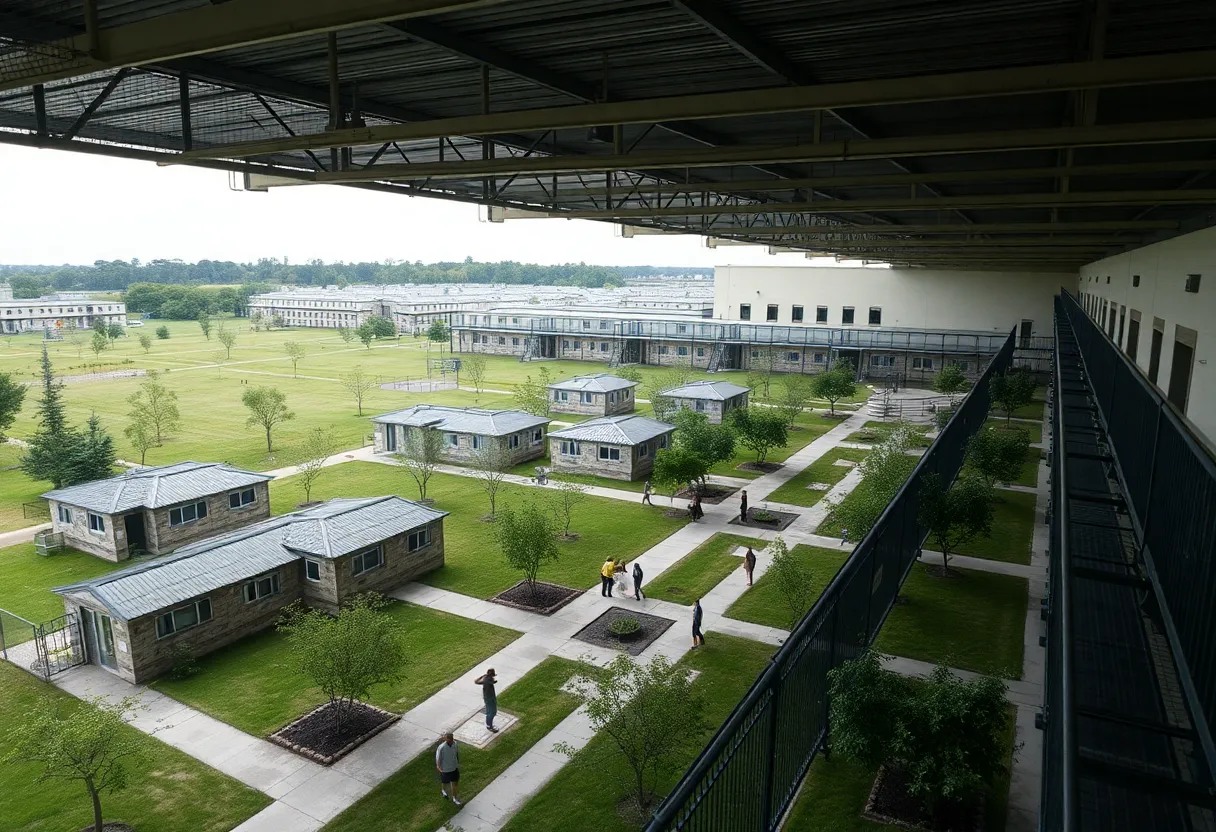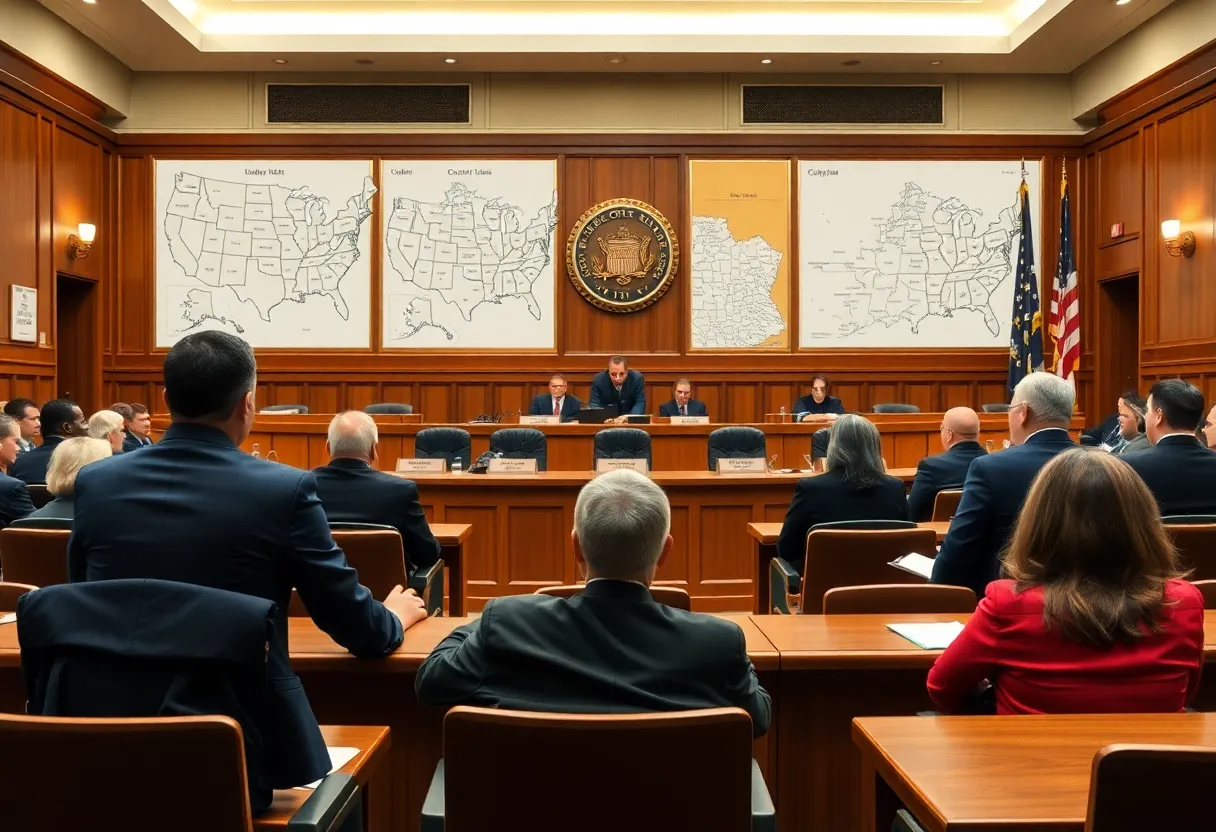News Summary
On June 11, 2025, the Pennsylvania House passed House Bill 1549, aiming to raise the minimum wage from $7.25 to $15 per hour in urban areas by 2026. The bill passed narrowly, with all Democrats voting in favor, while Republicans opposed it. Key provisions include a tiered wage increase based on county population. This legislation responds to rising living costs and aims to improve financial conditions for workers statewide, though its future in the Republican-majority Senate remains uncertain.
Pennsylvania House Approves New Minimum Wage Bill
On June 11, 2025, the Pennsylvania House of Representatives approved House Bill 1549, which amends the Minimum Wage Act of 1968. The bill, which aims to increase the state’s minimum wage, passed with a vote of 102-101, along strict party lines. All Democrats voted in favor of the bill, while every Republican opposed it. The legislation proposes a tiered approach to amend the current minimum wage, which has remained unchanged at $7.25 per hour for over 15 years.
Key Provisions of the New Bill
The proposed adjustments introduce a base pay of $15 per hour for workers in densely populated counties such as Philadelphia. Under the new plan, Philadelphia’s minimum wage is set to rise to $15 in 2026. For counties with populations exceeding 210,000, the minimum wage would increase incrementally: starting at $12 in 2026, moving to $14 in 2027, and ultimately reaching $15 by 2028.
In less populated areas, the minimum wage will be adjusted gradually to reach $12 per hour by 2028. Starting in 2029, all counties will have their minimum wage rates adjusted annually based on federal inflation data. This legislative proposal also includes the establishment of a Minimum Wage Advisory Board tasked with overseeing the adjustments and defining its roles and responsibilities.
Another significant change proposed in the legislation is the elimination of the current exemption for small businesses with fewer than 10 employees from complying with minimum wage requirements. This inclusion aims to extend wage protections to a broader range of workers across the state.
Political and Economic Context
Governor Josh Shapiro has expressed strong support for the bill, urging lawmakers to give priority to increasing the minimum wage as part of his broader budget initiatives. Advocates for the bill underscore the necessity of this increase to help workers manage the rising costs of living. It is noted that the last significant minimum wage adjustment in Pennsylvania occurred at the federal level in 2009.
Opponents of the bill, primarily from the Republican party, argue that the proposed increases could result in job losses and create complications for businesses operating in multiple counties with varying wage rates. Critics maintain that the tiered system may introduce difficulties in workforce management and compliance.
While the bill has successfully passed through the Pennsylvania House, its future remains uncertain in the Republican-majority Senate, where it is anticipated to face significant obstacles. Moreover, all neighboring states currently have higher minimum wage rates than Pennsylvania, highlighting the urgency for the state to increase its wage floor.
Rising Costs of Living and Worker’s Needs
The proposal’s supporters emphasize the growing economic strain on households as a leading argument for the wage adjustment. As living expenses continue to increase without corresponding wage hikes, advocates argue that raising the minimum wage is critical to improving the financial standing of workers and their families across the state.
In summary, the passage of House Bill 1549 by the Pennsylvania House marks a potential shift in the state’s minimum wage policy, aiming to provide essential support for workers in varying populations while addressing economic disparities. Nonetheless, the bill’s journey through the Senate will be closely monitored as the debate around the minimum wage in Pennsylvania continues to unfold.
Deeper Dive: News & Info About This Topic
- GoErie
- Wikipedia: Minimum wage
- PennLive
- Encyclopedia Britannica: Minimum wage
- ABC27
- Google Search: Pennsylvania minimum wage
- Fox43
- Google News: Pennsylvania minimum wage 2025






